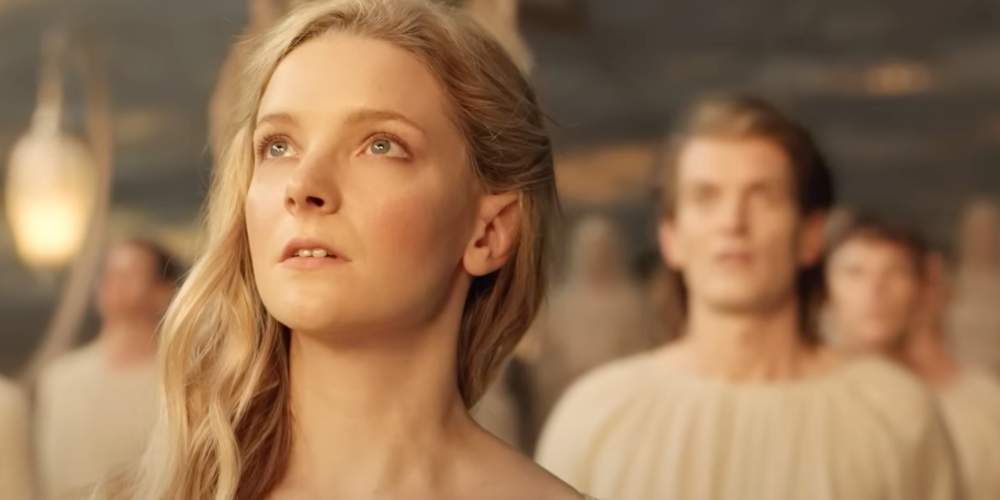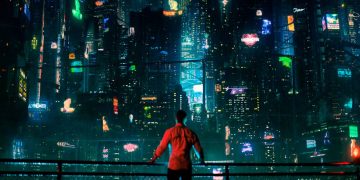When The Sopranos hit the air back in 1999, it changed TV forever. Suddenly, huge movie-sized budgets were granted to TV producers, and TV writers had more freedom to explore themes of darkness and violence in tactile detail, all of which audiences lapped up.
It kicked off a new era of TV that made way for more cinematic aesthetics, more complex characters, more intricately woven serial plotlines—and it all peaked with the modern age of streaming, which has blurred the lines between motion picture and TV series.
This year, Amazon unveiled its newest attraction: The Lord of the Rings: The Rings of Power, a TV series that will cost the tech giant $1 billion to produce (to gain the rights, plus produce five seasons).
Here are several reasons why The Rings of Power is an achievement that heralds a new age of television storytelling and why it marks a new place on the ever-evolving roadmap of on-screen experiences.
1. The Potential for World Famous IPs
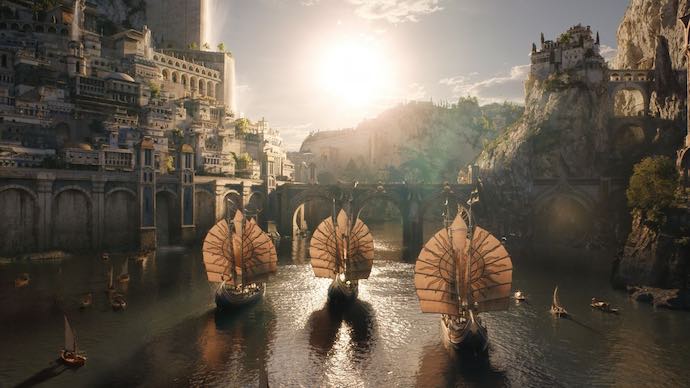
With Amazon acquiring the rights to produce a series based on the world-famous Lord of the Rings franchise, it opens the doors for other worlds.
Many of us are old enough to remember the original Lord of the Rings film trilogy and the impact it had on cinema and culture, with millions worldwide flocking to see Frodo, Sam, and Gollum embark on their journey to destroy the One Ring.
It was something that felt purely cinematic, as though it could only ever belong on the big screen. But now that Amazon has proven the level of grand-scale production that's possible for a TV series based on an IP, we should expect more IP adaptations on this level.
How magical would it be if Harry Potter got the same treatment? Or any of the other globally recognized franchises, like Pokemon, Final Fantasy, Malazan Book of the Fallen, or even Grand Theft Auto?
2. The Legitimization of Big Franchises on the Small Screen
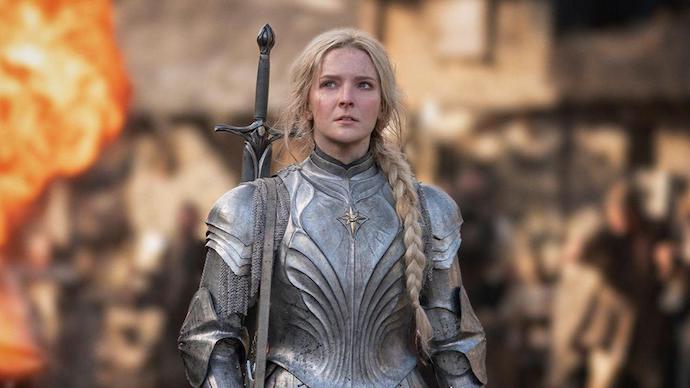
What The Rings of Power has done is legitimize the fact that expensive IP adaptations no longer need to be limited to the big screen.
Of course, The Rings of Power isn't the first TV series to adapt a famous work. We've seen first-party TV spin-off series in the form of Marvel shows and Star Wars shows, plus smaller-scale productions like Sherlock.
But The Rings of Power feels different. It's not a series born from overproduction of cinematic output, nor is it a series that complements an ongoing cinematic universe as a tie-in spin-off narrative.
The Rings of Power is a show that's made to be just that: a show. It stands alone with its own identity and its own story.
Having it produced as a TV series rather than a film series is proof to Hollywood studios that long-form cinematic narratives—often reserved for the box office—no longer need to be restricted to cinema only.
3. The Breathtaking Visuals
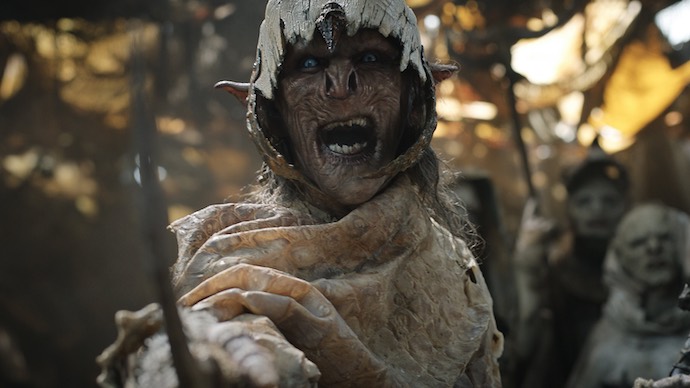
In a recent review for The Rings of Power in The Guardian, Rebecca Nicholson claims that the visuals make HBO's House of the Dragon look amateur by comparison.
The Rings of Power feels like the beginning of a new age for TV streaming, at least as far as visual effects. Anyone would pay to see the episodes on the big screen in all their cinematic splendor.
For a long time, visual effects have always looked worse on TV than in cinema. Even shows like Game of Thrones couldn't live up to the grandeur of true blockbuster spectacles like The Lord of the Rings.
And Disney is certainly giving it a go, with both Marvel and Star Wars shows containing grand effects. But the sheer quality and beauty of what The Rings of Power offers goes beyond even those.
The fact is, The Rings of Power is the first real TV show that has cinema-quality visuals that don't feel condensed for the TV format. Going forward, everyone else will look to Amazon's achievement and struggle to keep up with the standard they've now set.
4. The Comfort of Streaming
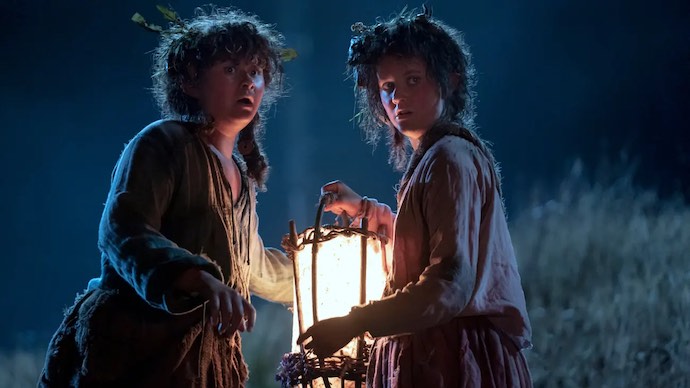
These days, it's so easy to sit down in front of your home media setup and binge-watch shows to completion. The Rings of Power only serves to cement the idea that people really prefer to watch their favorite movies and series in the comfort of their own homes.
Twenty years ago, millions of people made it out to theaters to watch The Fellowship make its fated journey across Middle-Earth to destroy the One Ring and overcome all the battles along the way.
Back then, home setups weren't as advanced or as affordable as they are now. Even today's slowest internet connections can handle so much more than what was possible back then.
So, for that same audience today—when times are vastly different—they can watch a show that has better visual effects than the film series had, right from the comfort of their sofa, in their pajamas if they so wished.
The Rings of Power adds fuel to the fire of staying home. After all, if the magic of The Lord of the Rings can be brought to you with such quality, what stops any other show from following in its path?
5. A New Benchmark for TV Series
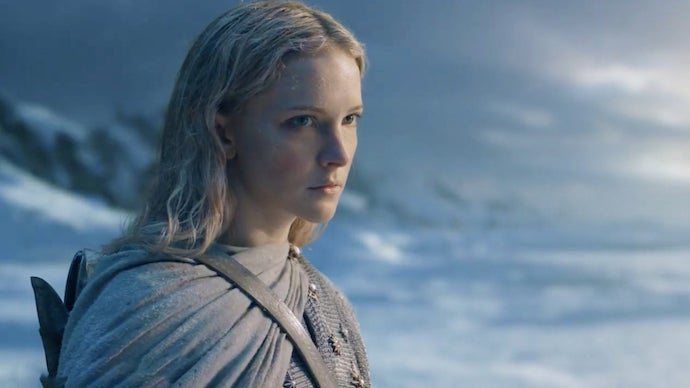
All of this leads to one point: The Lord of the Rings: The Rings of Power has set a new standard for cinematic scope on TV.
The show heralds a new age in which movies and TV shows are even more aligned than before, with the line that defines "cinematic" so blurry that nobody really knows what it means anymore.
Undoubtedly, Amazon has shifted the goalposts with The Rings of Power, showing audiences a world that had been promised since Tony Soprano first broke the rules of scope on television twenty years prior.
